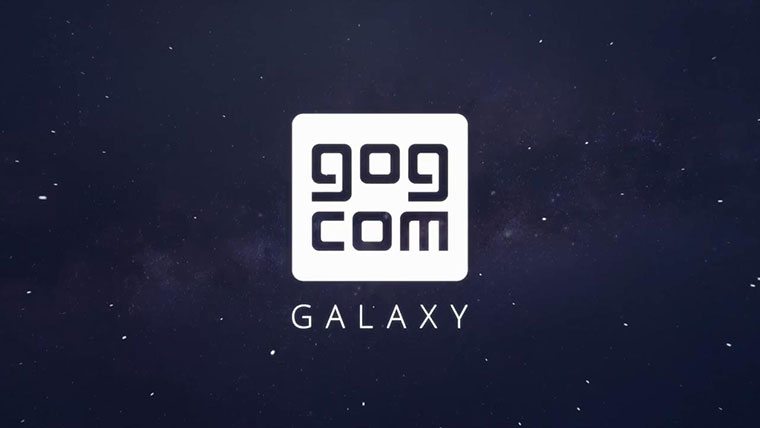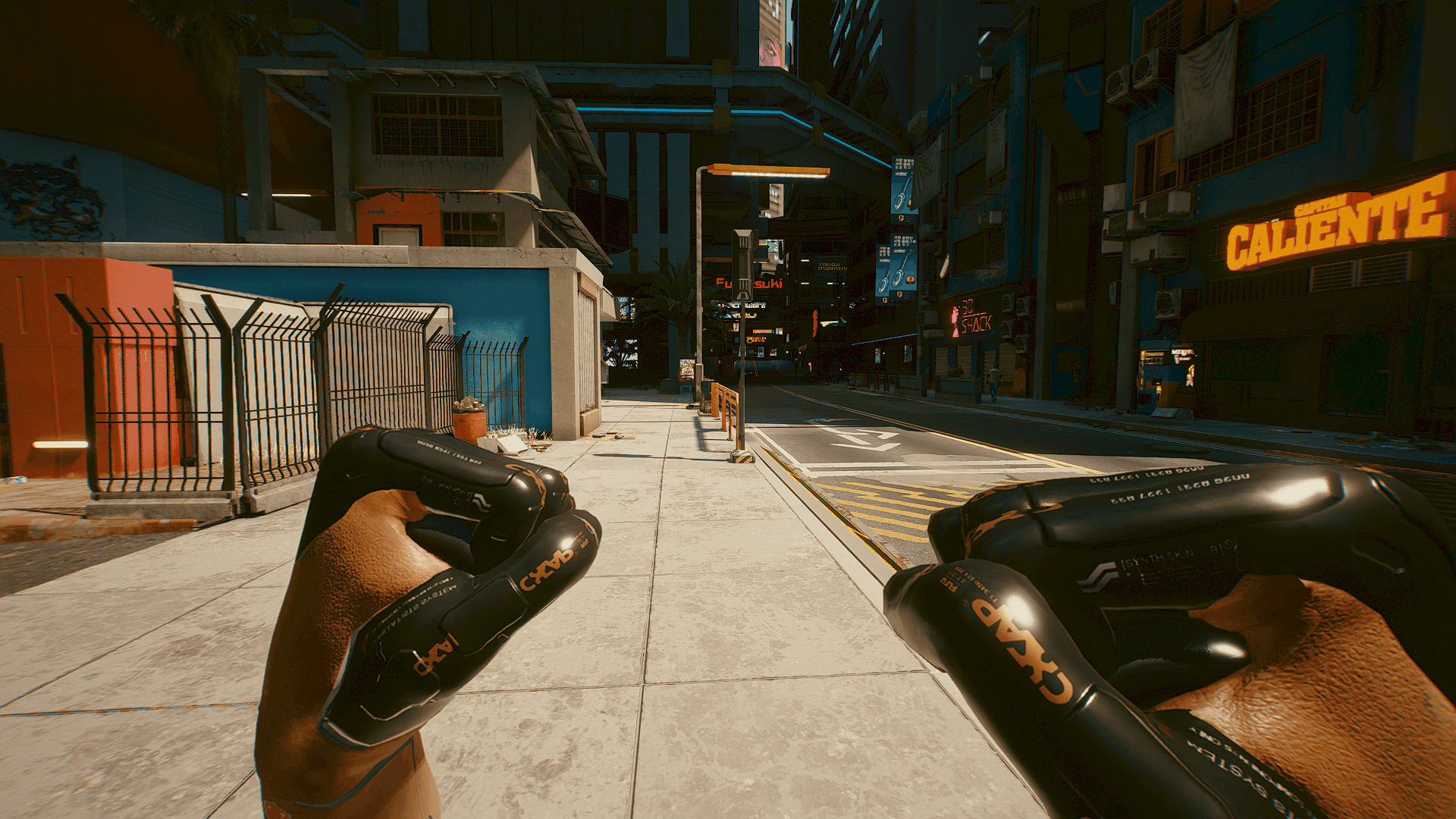

It’s a huge relief to see a desktop client anticipating common PC problems and embedding solutions in easy to reach spaces. GOG Galaxy has a front-facing backup feature that sits in every game’s library page. Most users don’t take advantage because they simply don’t know about it. Steam allows for backups of games, but the option is obfuscated through menus and options. I haven’t tested it out, but the promise is enough to keep me on board until I can.
GOG GALAXY STEAM OFFLINE PATCH
No doubt welcome news for speed runners and tinkerers alike, the ability to play a game in its original state or patch by patch even piques my curiosity.
GOG GALAXY STEAM OFFLINE UPDATE
While it’s yet to be implemented, Rollback promises an ability to “restore your game to prior states with just a single click.” That means if an update is broken or doesn’t work with your GPU for instance, it can be reverted. GOG Galaxy attempts to solve these problems with the Rollback feature.

Even worse, if that patch breaks the game, there’s no way to revert to a working version. Until they finish, there’s no playing that game. Once an update starts, you can pause, but never undo them. Steam’s auto-updates are convenient, yes, but they assume the user has unlimited bandwidth and a consistent internet connection. Galaxy’s biggest selling point is a feature most people don’t think they need until they need it. And no matter how many stones Valve drops, I’ve yet to hear them hit bottom. New games can be tagged, highlighted, recommended, and curated by trusted sources, but even still, I find myself staring down a bottomless well. While Valve has taken steps to address its bulbous library, the influx of new games (1518 so far in 2015) has far outpaced their ability to keep up. If finding what to play in my own library wasn’t hard enough, finding games in Steam’s store is an ever-growing impossibility. Why Steam hasn’t implemented their own robust sorting tools into user library management is beyond me. GOG’s store is more carefully curated than Steam’s wide open floodgates, so I’ve maintained a relaxed vibe digging through personal and potential content.

I’m able to sort and search my library using the same tools available in the store front. Is it enough to stand out from the rest of the desktop client crowd? Galaxy’s mission is all about versatility, offering a wide feature set, but forcing you into none. Currently, it’s in an open beta and its most interesting features have yet to be implemented, but Galaxy is GOG’s attempt at another iteration-a digital expression meant to not only honor the games, but honor the user. It’s touted as “a fully optional client to install, play and update your games,” which isn’t exactly a bold pitch. GOG Galaxy, its new game platform, is set to lead the way. And without a ubiquitous solution for game archiving, the service drew attention to a growing issue.Įventually, GOG opened to indies, many deserving of a similar reverence, and eventually opened the gates to all games, new and old. The intent was obvious–a pure attempt to keep the box out of the basement, to continually cherish good old games instead of a few times a decade. When it launched in 2008, GOG’s goal was to harness and enable this nostalgia, to be The Box 2.0, unrestricted by DRM or archaic hardware requirements.


 0 kommentar(er)
0 kommentar(er)
